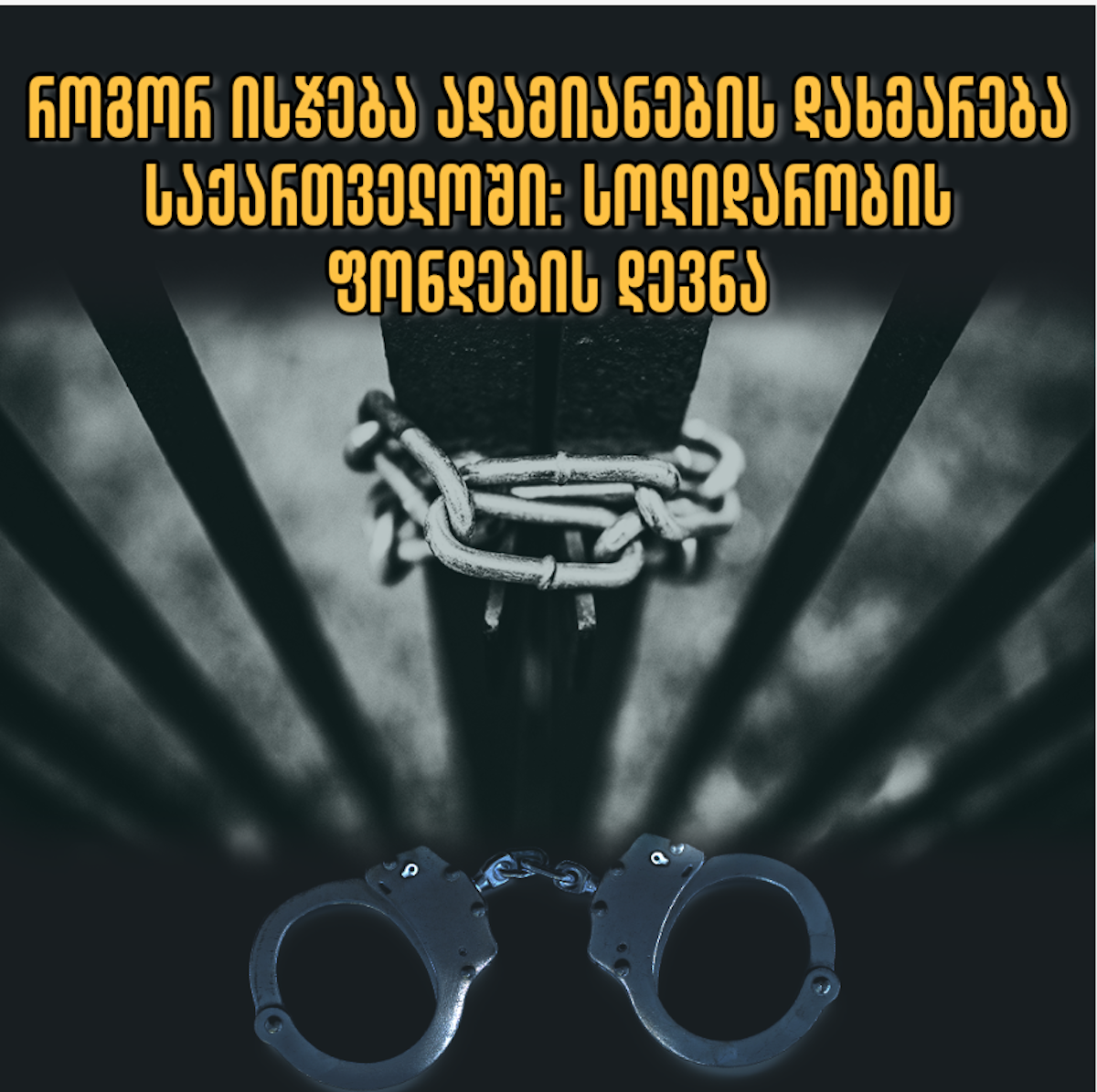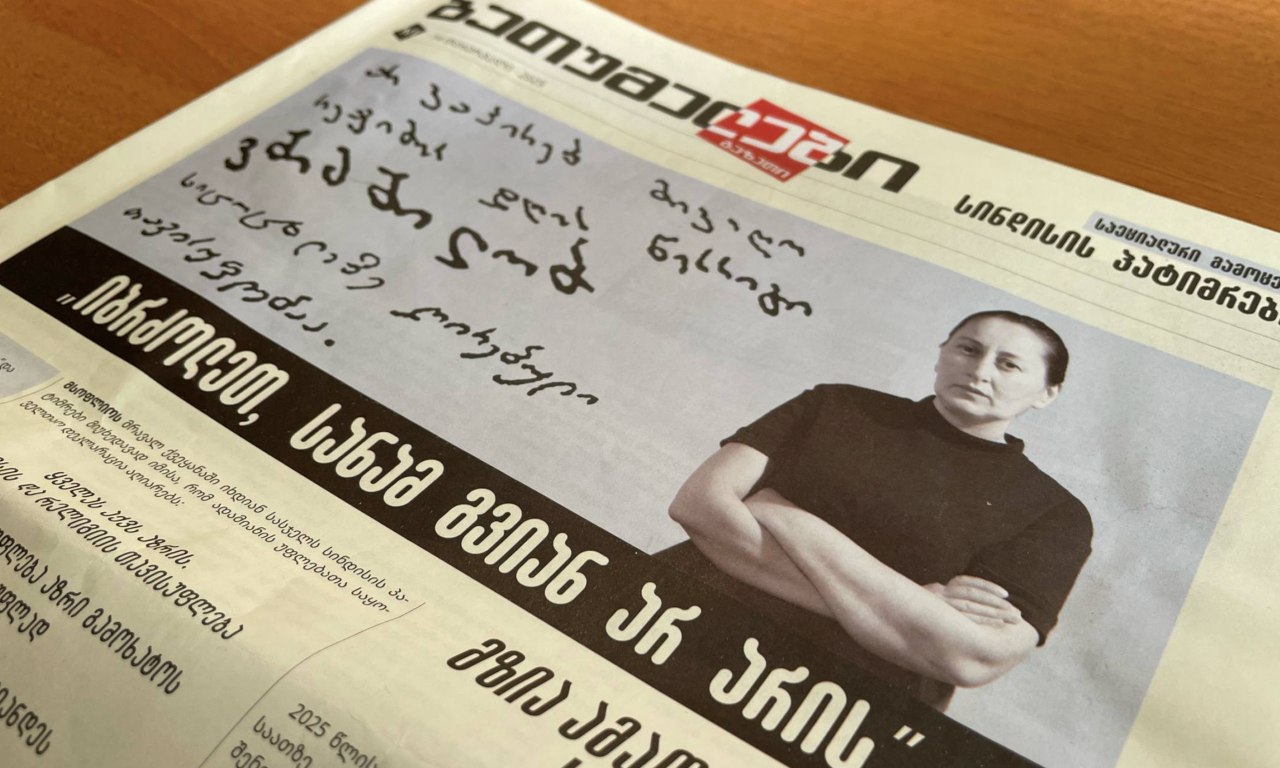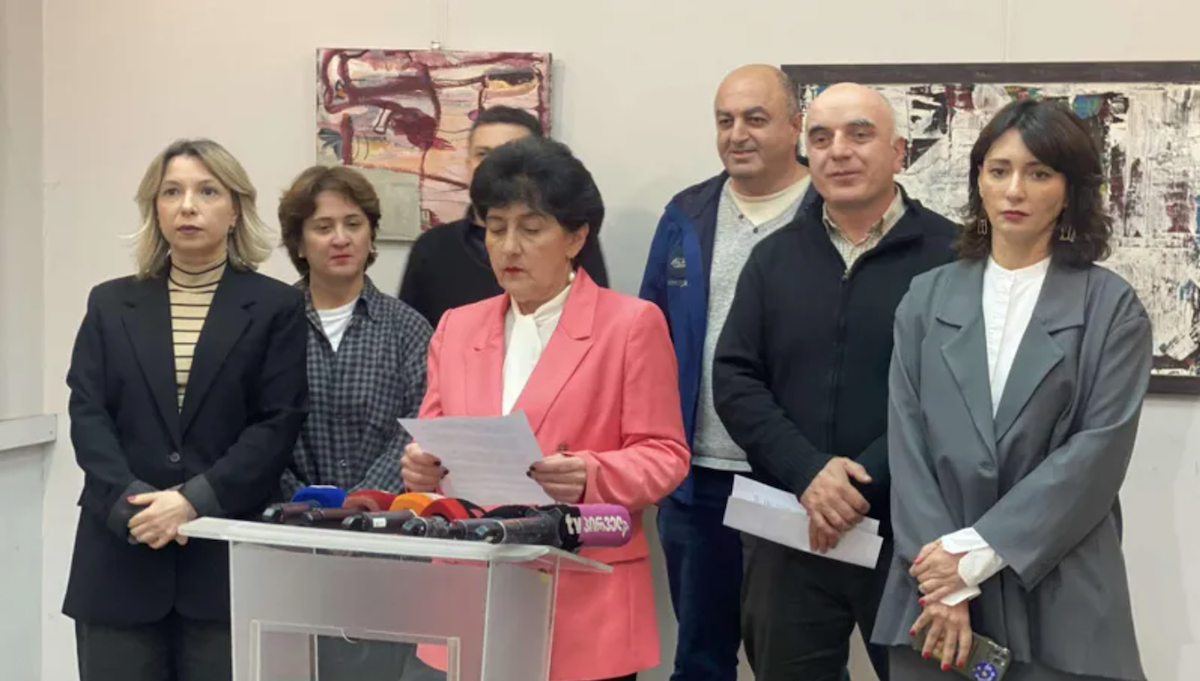“They financed violence at protests”: court freezes accounts of several NGOs in Georgia
Court freezes NGOs’ accounts in Georgia
Tbilisi City Court has granted a request from the prosecutor’s office to freeze the bank accounts of several non-governmental organisations.
The case is linked to an investigation into “sabotage, attempted sabotage under aggravating circumstances, assisting a foreign organisation or one under foreign control in hostile activity, and mobilising funds for actions aimed against Georgia’s constitutional order and national security.”
According to prosecutors, these NGOs had “equipped” participants in the protests and encouraged them to commit acts of violence.
Tbilisi City Court has approved the prosecution’s request to freeze the bank accounts of several NGOs in Georgia:
- Civil Society Foundation
- International Society for Fair Elections and Democracy (ISFED)
- Institute for Development of Freedom of Information (IDFI)
- Defenders of Democracy
- Georgian Democratic Initiative
- Sapari
- Centre for Social Justice
Prosecutor’s statement
According to the prosecution, the investigation found that protests held outside the Georgian Parliament and in other parts of the country during 2024 “quickly turned violent and unlawful.” The authorities claim opposition leaders and NGO heads called for mass disobedience and resistance, which escalated into deliberate clashes with police.
They say armed groups injured dozens of law enforcement officers and used pyrotechnics and incendiary devices, including Molotov cocktails. The protests inflicted substantial damage on the Parliament building, police vehicles, and government and private property along Rustaveli Avenue in Tbilisi.
Prosecutors allege the listed NGOs used their funds to equip protesters with gas masks, goggles, masks, pepper sprays, and other gear “actively used during fierce confrontations with police.”
The statement adds that NGO leaders openly encouraged public disobedience, and their organisational and financial activities were fully aimed at providing legal and financial support to individuals involved in violence and their families. They paid fines, provided legal assistance, and addressed other personal and organisational needs — actions intended, prosecutors say, to both encourage illegal activity and shield the perpetrators. Ultimately, these coordinated efforts were designed to weaken law enforcement and disrupt its normal functioning.
Because these activities exceeded the purposes defined in the NGOs’ charters and a significant portion of their funds was used for illegal actions, the court ordered the freezing of their accounts on 27 August.
On 28 April 2025, prosecutors carried out coordinated searches at the homes of leaders of various foundations.
Earlier, funds had been frozen that were used to pay fines imposed on protest participants and to support the families of political prisoners.
The prosecution said that as part of the ongoing investigation, it had conducted a detailed review of the bank transactions of legal entities and individuals suspected of engaging in various “illegal and, in some cases, criminal activities.”
Court freezes NGOs’ accounts in Georgia





















